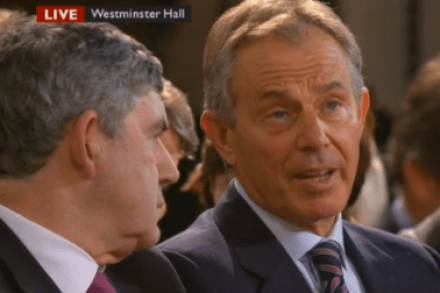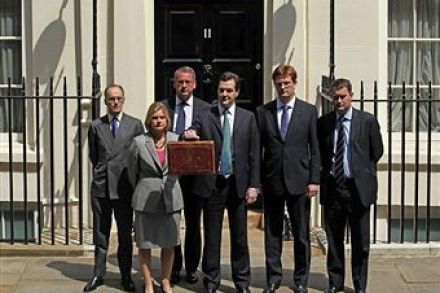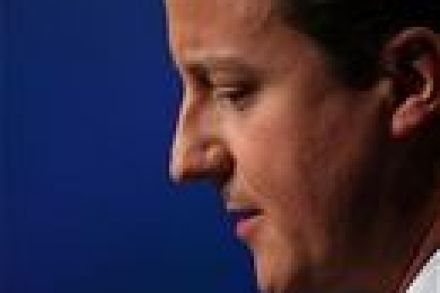The morning after the day before
The last time the doomsayers were proved so wrong was when the Hadron Collider didn’t blow us all up. Osborne’s cuts have come and life, the universe and everything continue insouciantly. In fact, the cuts were nowhere near as deep as many expected. As the graphic above proves (courtesy of ConHome), the press reaction is cordial, which was the best the Osborne could hope for. The Times (£) and the Guardian express concern about fairness, based on decile graphs that suggest the poor will receive less direct income from the state; and the Telegraph grumbles about the ‘squeezed middle’. But the criticism is mild, certainly compared to yesterday’s horror stories;


















